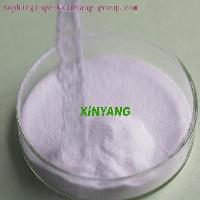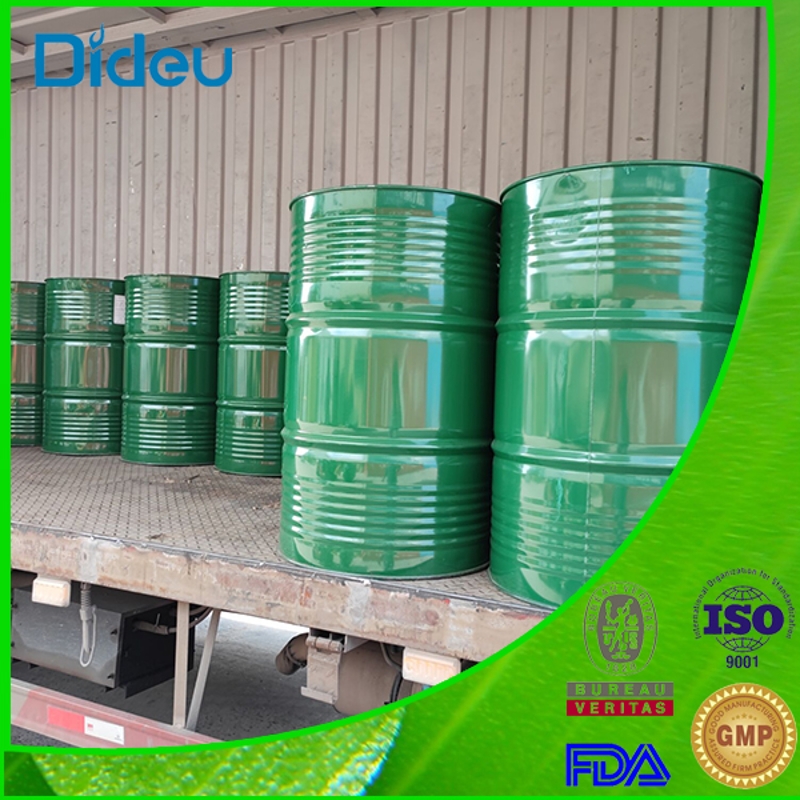-
Categories
-
Pharmaceutical Intermediates
-
Active Pharmaceutical Ingredients
-
Food Additives
- Industrial Coatings
- Agrochemicals
- Dyes and Pigments
- Surfactant
- Flavors and Fragrances
- Chemical Reagents
- Catalyst and Auxiliary
- Natural Products
- Inorganic Chemistry
-
Organic Chemistry
-
Biochemical Engineering
- Analytical Chemistry
- Cosmetic Ingredient
-
Pharmaceutical Intermediates
Promotion
ECHEMI Mall
Wholesale
Weekly Price
Exhibition
News
-
Trade Service
Zinc acrylate is a widely used chemical compound in the cosmetic, pharmaceutical, and personal care industries.
It is commonly used as an emulsifier, surfactant, and thickener in various formulations.
Zinc acrylate can be synthesized through several routes, and in this article, we will discuss some of the commonly used synthetic routes for the production of zinc acrylate.
Chemical Route
The chemical route is one of the most commonly used methods for the synthesis of zinc acrylate.
In this route, zinc oxide and acrylic acid are reacted in the presence of a catalyst, such as sulfuric acid, to produce zinc acrylate.
The reaction is exothermic and takes place at a temperature of around 150-180°C.
The use of sulfuric acid as a catalyst results in the formation of a white precipitate that is collected by filtration and washed with water to remove any impurities.
The product is then dried and ground to a fine powder.
Organic Route
The organic route is another method for the synthesis of zinc acrylate.
In this route, zinc oxide is reacted with acrylic acid in the presence of an organic solvent, such as ethyl acetate or dichloromethane.
The reaction is catalyzed by a Lewis acid catalyst, such as aluminum chloride or boron trifluoride.
The reaction mixture is stirred for several hours at room temperature, and the resulting product is then filtered, washed with water, and dried.
The powder is then ground to a fine consistency.
Hydrolysis Route
The hydrolysis route involves the hydrolysis of zinc alkylsulfate to produce zinc acrylate.
In this route, zinc alkylsulfate is prepared by the reaction of zinc oxide with alkyl sulfate in the presence of a Lewis acid catalyst, such as boron trifluoride or aluminum chloride.
The resulting zinc alkylsulfate is then hydrolyzed using a strong acid, such as hydrochloric acid or sulfuric acid, to produce zinc acrylate.
The product is then filtered, washed with water, and dried.
Chlorination Route
The chlorination route involves the chlorination of zinc oxide to produce zinc acrylate.
In this route, zinc oxide is treated with chlorine gas in the presence of a solvent, such as chloroform or carbon tetrachloride.
The resulting product is then treated with acrylic acid to produce zinc acrylate.
The product is then filtered, washed with water, and dried.
In conclusion, zinc acrylate can be synthesized through several routes, including the chemical, organic, hydrolysis, and chlorination routes.
The selection of a particular route will depend on the specific requirements of the application and the availability of the necessary starting materials.
The chemical route is the most commonly used method, but the organic and hydrolysis routes are also gaining popularity due to their ability to produce high-quality products with minimal environmental impact.







